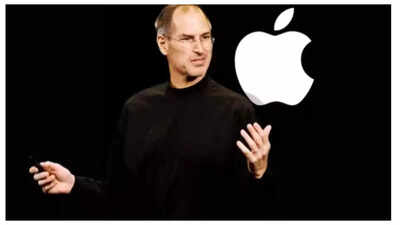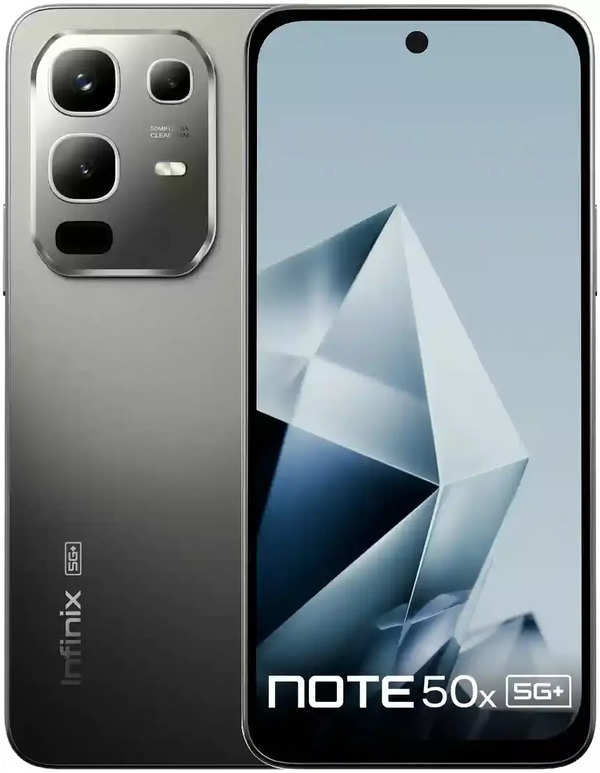- News
- Technology News
- Tech News
- When Steve Jobs explained to President Barack Obama why iPhones can’t be made in the US
Trending
When Steve Jobs explained to President Barack Obama why iPhones can’t be made in the US
Donald Trump's push to revive US manufacturing through tariffs poses challenges for tech giants like Apple, heavily reliant on Chinese production. Despite some supply chain diversification to India and Vietnam, China remains Apple's primary manufacturing hub.
US President Donald Trump has doubled down on his commitment to revitalising American manufacturing, proposing steep tariffs to push companies into producing goods domestically. This means challenges for tech giants like Apple, Dell and others who have huge manufacturing set-ups in China. Though over the past few years, Apple has moved some of its supply chain to countries like India and Vietnam; China still remains the biggest manufacturing base for the iPhone maker.
US President Donald Trump views tariffs as a strategy to boost domestic manufacturing, generate jobs, and strengthen the economy. And here getting the world's most valuable company, Apple, to manufacture its most popular product, the iPhone, in the US, is clearly part of Trump's vision. Last week, White House Press Secretary Karoline Leavitt told reporters that Apple's commitment to invest $500 billion in the US over the next four years was supposedly a clear indicator that Apple believed it was feasible to build iPhones here. "If Apple didn’t think the United States could do it, they probably wouldn’t have put up that big chunk of change," Leavitt said.
However, manufacturing iPhones in the US may not be as easy. A case in point is a report by The New York Times dating back to 2012 that highlighted conversation between the then-President Barack Obama and some of Silicon Valley’s most influential leaders, including Apple CEO Steve Jobs, during a private dinner in California held in February 2011. This was just months ahead of Apple founder Steve Jobs’ demise in October 2011.
Poll
Do you think shifting large-scale tech manufacturing to the US is practical?
Steve Jobs gives reasons why iPhones are made in other countries
Notably, a vast majority of iPhones, iPads and other devices that Apple sold that year were assembled in China. The reasoning, according to Apple executives, goes far beyond cost-cutting. It’s about scale, speed and skill.
According to the report, Apple’s executives believed that the company's stance wasn't solely about labor costs. According to dinner attendees, Apple's executives emphasised the superior scale, flexibility, and specialised skills found in overseas factories.
Apple airlifts 600 tons of iPhones from India and transported them to China
Recently, the Trump administration announced the exemption of smartphones and PCs from tariffs, however, they may temporary as the President has hinted separate tariffs for semiconductors.
Apple suppliers Foxconn and Tata also raised their iPhone exports from India in March to nearly a record-breaking $2 billion. Shipments via Chennai Air Cargo included models iPhone 13, iPhone 14, iPhone 16 and iPhone 16e, with Chicago receiving most of them. It was reported that the custom clearance process was cut short from 30 hours to 6 six hours, essentially making a 'green corridor' for the whole process.
End of Article
Latest Mobiles
Follow Us On Social Media





















